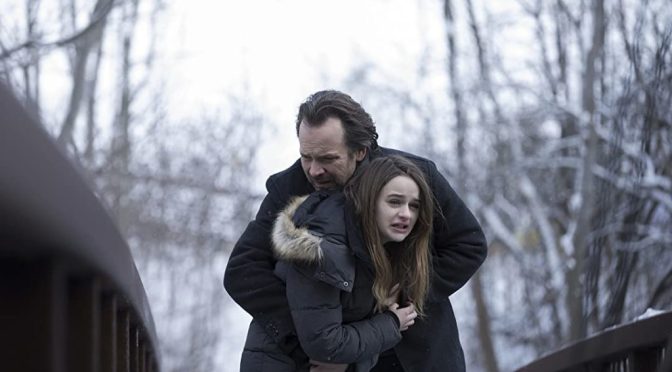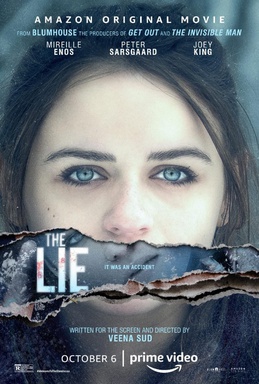NETFLIX FILM REVIEW: THE TRIAL OF THE CHICAGO SEVEN (2020)
Directed by: Aaron Sorkin
Produced by: Stuart M. Besser, Matt Jackson, Marc Platt, Tyler Thompson
Written by: Aaron Sorkin
Cast: Yahya Abdul-Mateen II, Sacha Baron Cohen, Daniel Flaherty, Joseph Gordon-Levitt, Michael Keaton, Frank Langella, John Carroll Lynch, Eddie Redmayne, Noah Robbins, Mark Rylance, Alex Sharp, Jeremy Strong, etc.
Music by: Daniel Pemberton
Cinematography: Phedon Papamichael
***CONTAINS HISTORICAL SPOILERS***
In 2006, screenwriter Aaron Sorkin met Steven Spielberg met to discuss a film project which would focus on the 1968 riots at the Democratic National Convention, which occurred in Chicago. After the meeting Sorkin has admitted he had no knowledge of said riots or the infamous trial which took place afterwards. Sorkin would remedy this with much research and complete his screenplay in 2007. Having been in development for some time eventually Sorkin himself has directed, The Trial of the Chicago 7 (2020). Part-historical drama, part courtroom-thriller and part political satire, the film illustrates skilfully the shocking attempt by the U.S. Government to convict, initially eight, then latterly seven individuals believed to have conspired to cross state lines with the desire to incite violence and mayhem in Chicago.
I, like Sorkin back in 2006, knew nothing of this huge legal and political event from the late 1960’s. But, The Trial of the Chicago 7 (2020), while obviously taking narrative liberties with the temporal order and specificity of certain events, provides an entertaining and insightful flavour of the before, during and aftermath of the incendiary trial. Opening stylishly and rapidly, Sorkin establishes the major characters who will be charged with causing violence on the streets of Chicago. Notable amongst these are civil rights and counter-culture figures such as: Abbie Hoffman ( Sacha Baron Cohen), Jerry Rubin (Jeremy Strong), Tom Hayden (Eddie Redmayne), Bobby Seale (Yahya Abdul-Mateen II), David Dellinger (John Carroll Lynch et al. Swiftly, Sorkin then takes us into the trial itself, which took place in 1969, and structures the narrative around flashbacks from witnesses on the stand to events leading up to conflict between police and demonstrators.
Given the gravity of the socio-political importance of this trial, I was surprised how much I was laughing during, The Trial of the Chicago 7 (2020). The humour, and later pathos, comes from both the absurdity of certain events and behaviour of the characters on trial. Indeed, in a trial which lasted an incredible five months, there was clearly an abundance of rich material for Sorkin to mine. Thus, we get a greatest “hits” summation of this politically driven farce, explained as being influenced by, U.S. Attorney General John Mitchell’s ire, at being snubbed by his predecessor. Moreover, the trial itself escalates into further absurdity as Judge Hoffman (Frank Langella) takes exception with the majority of the defendants and their lawyers, bringing most of them up on charges of contempt, notably the attention-seeking Hoffman and Rubin. It was not surprising as there were often mocking and zinging one-liners from them and even more vociferous protests from Bobby Seale. Nonetheless, that does not excuse what Judge Hoffman did to Bobby Seale in court. That remains a low in the history of the American justice system.
As The Trial of the Chicago 7 (2020) progresses, the comedic elements transition to a more serious tone and many heartfelt speches are given. The demonstrations and violent scenes from the riots bleed through to the fore also. My understanding is that in the United States there is such a thing as freedom of speech and the demonstrators were attempting to have their say on the war in Vietnam. They wanted their voices heard against what they considered to be an unjust war. Of course, I cannot possibly know what occurred that day as I was not there, however, given the U.S. Government’s fear of opposing views, as demonstrated by their handling of race issues and the McCarthy-led investigation into the Communist threat, one must surmise they were scared of anyone protesting a different perspective from theirs. From such fear comes a desire to wield power and suppress such voices; something which the Chicago Police Department appeared to do during the fateful Democratic National Convention.
Aaron Sorkin and his incredibly adept ensemble cast deserve much praise for taking such a complex case and distilling it into such an enlightening work of cinema. Sacha Baron Cohen and Jeremy Strong stand out as a fine double act, while Mark Rylance attends his usual intelligence and class to the role of defence lawyer, William Kunstler. In fact, all the cast are exceptional in bringing to life Sorkin’s witty and storming screenplay. Ultimately, one could argue though that The Trial of the Chicago 7 (2020), is simplistic fodder, designed to spoon-feed the liberal left and preach to the millennial choir. In all honesty, it is that and arguably full of caricatures and one-dimensional storytelling. However, given the United States, and the world, have suffered recent and extreme political dumbing down from one of the worst U.S. Presidents of all time, Sorkin’s one-dimension is still more nuanced and deep than those in power could ever be.















